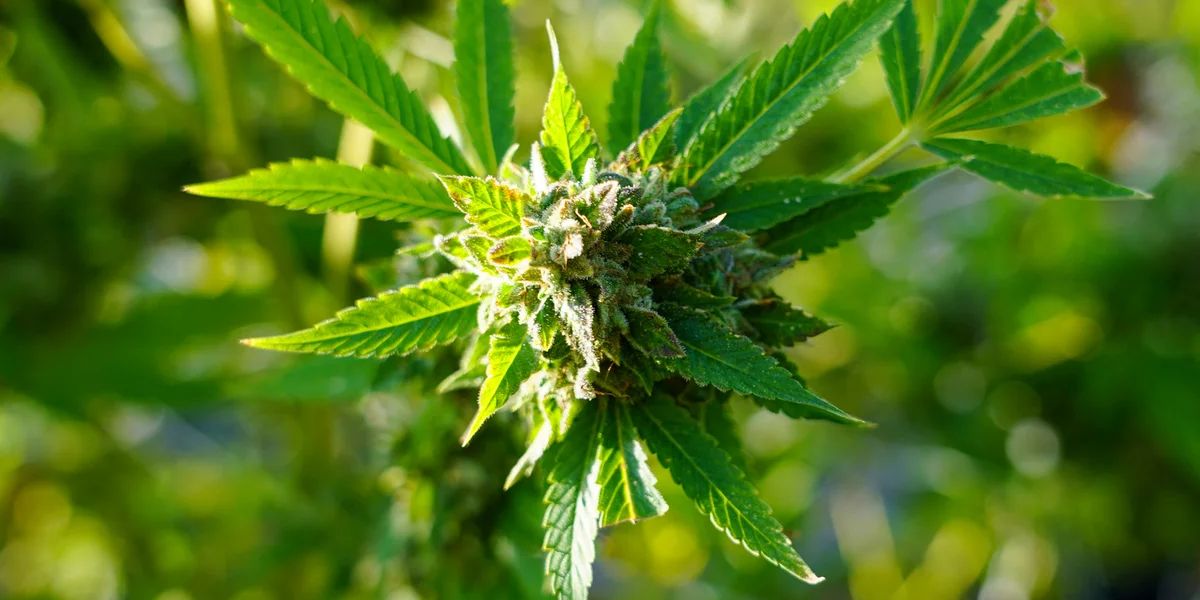Can You Legally Use Cannabis in Montana? Here’s What the Law Says About Medical and Recreational Use in 2025
Montana has undergone significant changes in its cannabis legislation, legalizing both medical and recreational marijuana. However, understanding the nuances of the law is essential for residents and visitors alike.
This article provides a comprehensive overview of the current legal landscape surrounding cannabis use in Montana as of 2025.
Recreational Cannabis: Legal for Adults 21 and Over
As of January 1, 2021, adults aged 21 and older in Montana can legally possess and use up to one ounce of marijuana. This includes up to 8 grams of concentrate or 800 milligrams of THC in edible products. However, consumption is restricted to private residences; public use remains prohibited and may result in a civil fine of up to $50.
Recreational cannabis sales commenced on January 1, 2022, but only in counties where voters approved Initiative 190 in the 2020 election, known as “green” counties. In “red” counties, where the initiative was rejected, recreational sales are not permitted unless local governments opt in.
Medical Marijuana: Established Program with Specific Guidelines
Montana’s medical marijuana program has been in place since 2004. Registered patients with qualifying conditions can possess up to one ounce of usable marijuana and purchase up to five ounces per month from licensed providers. Medical marijuana cardholders may also cultivate up to four mature plants and four seedlings for personal use.
It’s important to note that medical marijuana use is also restricted to private residences, and public consumption is prohibited.
Home Cultivation: Permitted with Limitations
Montana law allows for personal cultivation of marijuana under specific conditions:
- Recreational Users: Adults 21 and over may grow up to two mature plants and two seedlings at their private residence.
- Medical Cardholders: Registered patients can cultivate up to four mature plants and four seedlings.
All plants must be kept in a locked space and not visible from public areas. Violations, such as visible plants or unsecured storage, can result in civil fines up to $250 and forfeiture of the plants.
Licensing and Sales: Controlled Access
Between January 1, 2022, and June 30, 2025, only businesses that were licensed medical marijuana providers as of April 27, 2021, or had pending applications by that date, are eligible to receive licenses for recreational cannabis operations. Starting July 1, 2025, new applicants may apply for licenses to cultivate, manufacture, or sell marijuana products.
Licensed dispensaries may operate in counties that approved Initiative 190, and they must comply with local regulations. Additionally, the Department of Revenue may issue combined-use licenses to federally recognized tribes in Montana, allowing them to operate cultivation and dispensary facilities within certain parameters.
Taxation and Revenue Allocation
Recreational marijuana sales are subject to a 20% state tax, with local jurisdictions authorized to impose an additional tax of up to 3%. Medical marijuana is taxed at a lower rate of 4%. Tax revenues are allocated to various state programs, including addiction treatment services, conservation efforts, veterans’ services, and law enforcement training.
Legal Restrictions and Penalties
Despite legalization, several restrictions remain in place:
- Public Consumption: Smoking or consuming marijuana in public spaces is prohibited and may result in fines.
- Driving Under the Influence: Operating a vehicle under the influence of marijuana is illegal and subject to DUI penalties.
- Federal Lands: Possession and use of marijuana are prohibited on federal lands and waters, regardless of state law.
- Underage Use: Individuals under 21 years old are prohibited from possessing or using marijuana unless they are registered medical cardholders. Violations can lead to legal consequences, including fines and mandatory education programs.
Conclusion
Montana’s approach to cannabis legalization reflects a balance between personal freedom and regulatory oversight. While adults can legally use and cultivate marijuana under specific conditions, adherence to state and local laws is crucial to avoid penalties. As the legal landscape continues to evolve, staying informed about current regulations ensures responsible and lawful cannabis use in the Treasure State.

